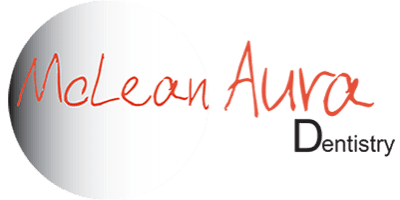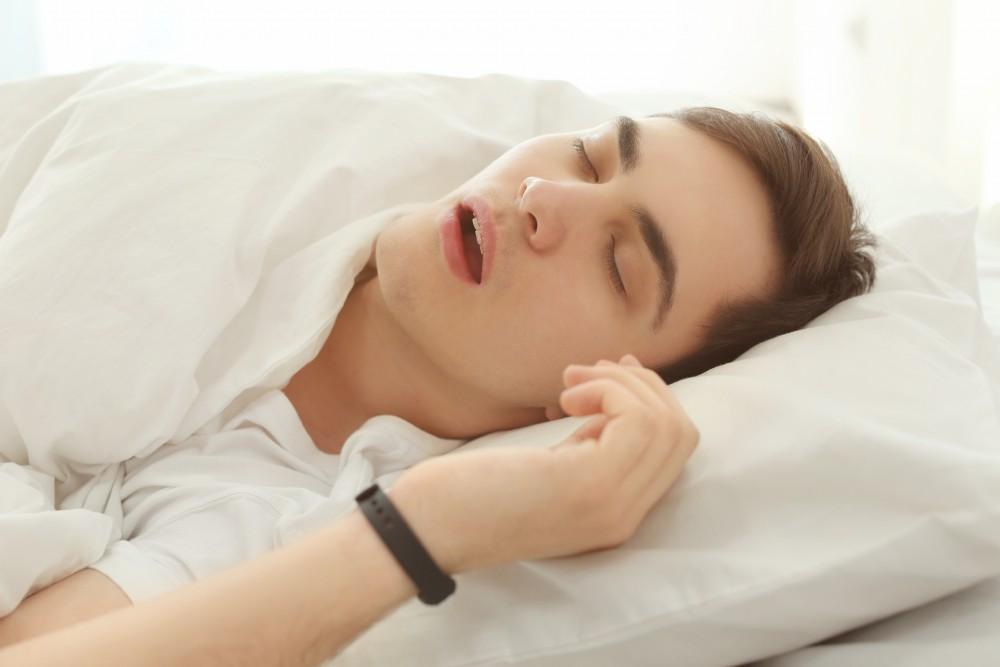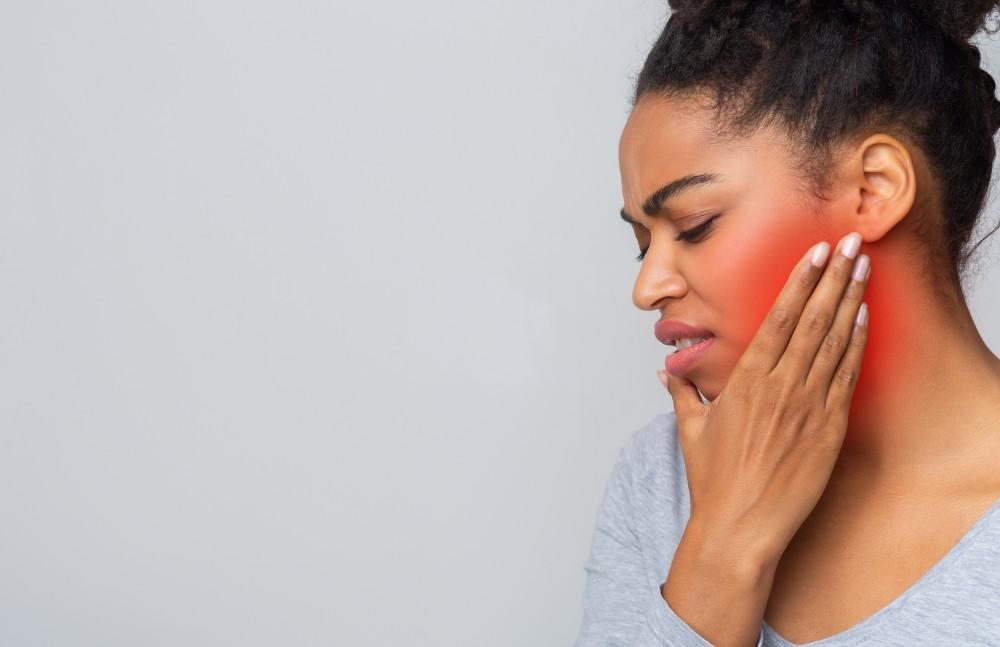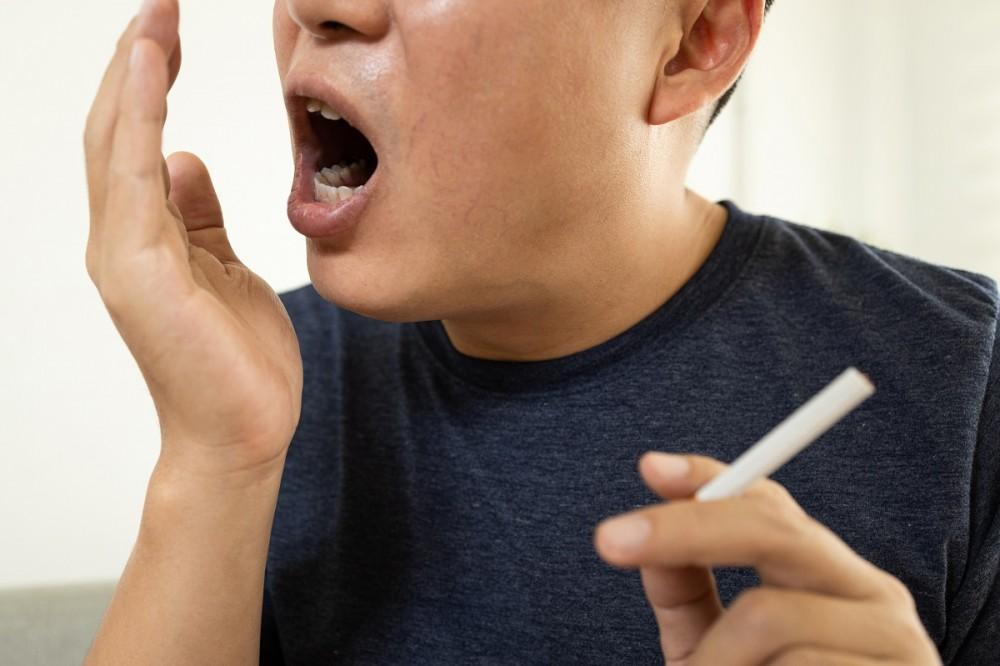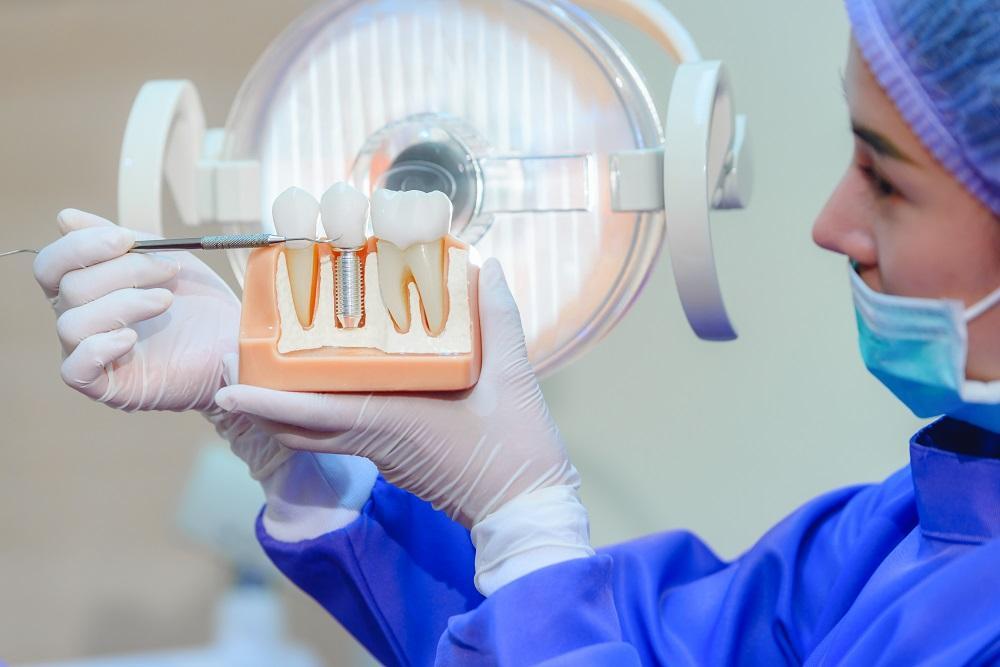Let’s kick off this discussion with some eye-opening facts about sleep apnea. For starters, about 30 million people in the United States have sleep apnea, but only six million are aware of it. Next, sleep apnea is associated with some very serious complications, such as cardiovascular disease and mental health issues like depression.
Putting two and two together, you see why the team here at McLean Aura Dentistry, led by Dr. Negar Tehrani feels it’s so important to address sleep apnea. Here at our practice, we offer an effective solution for sleep apnea — oral appliance therapy.
What happens when you have sleep apnea
To appreciate how oral appliance therapy works, it’s helpful to fully understand what happens when you have sleep apnea. There are two types of sleep apnea, but we’re focusing on the more common of the two — obstructive sleep apnea (OSA).
With OSA, soft tissues at the back of your throat collapse while you sleep, blocking your airways. When this happens, your brain rouses your body long enough so that you can clear your throat and breathe again. It wouldn’t be a major concern if this only happened once or twice a night.
When you have OSA, however, this can occur dozens of times each hour, robbing you of critical restorative sleep.
How oral appliance therapy works
When we discuss oral appliance therapy, we’re referring to two different devices:
Mandibular advancement devices (MAD)
With a MAD, we outfit you with a simple system that pushes your lower jaw forward to keep your airways clear. We custom-fit the MAD to your mouth so that it’s perfectly comfortable when you place it over your upper and lower teeth before bed.
Tongue-retaining devices
The other oral appliance holds your tongue forward so it doesn’t collapse back into your airways while you sleep.
The benefits of oral appliance therapy
Oral appliance therapy is not only good at resolving sleep apnea, but our patients also prefer these devices because of their simplicity and portability.
The other alternative for treating sleep apnea is a continuous positive airway pressure (CPAP) machine that you place over your mouth and nose at night. The CPAP is an electrical machine, and many people don’t like the noise it makes during the night. Plus, a CPAP machine is far larger than an oral appliance and connects to a bedside machine.
Even if you prefer a CPAP machine for your sleep apnea, having an oral appliance as well makes good sense as a backup for traveling or if something goes wrong with your CPAP.
Whether as a primary or secondary treatment for obstructive sleep apnea, oral appliance therapy is a successful approach for helping you to breathe easily during the night.
If you’d like to explore whether oral appliance therapy is right for your sleep apnea, please contact our office in McLean, Virginia, at 703-429-0770 to schedule a consultation or request an appointment online.
